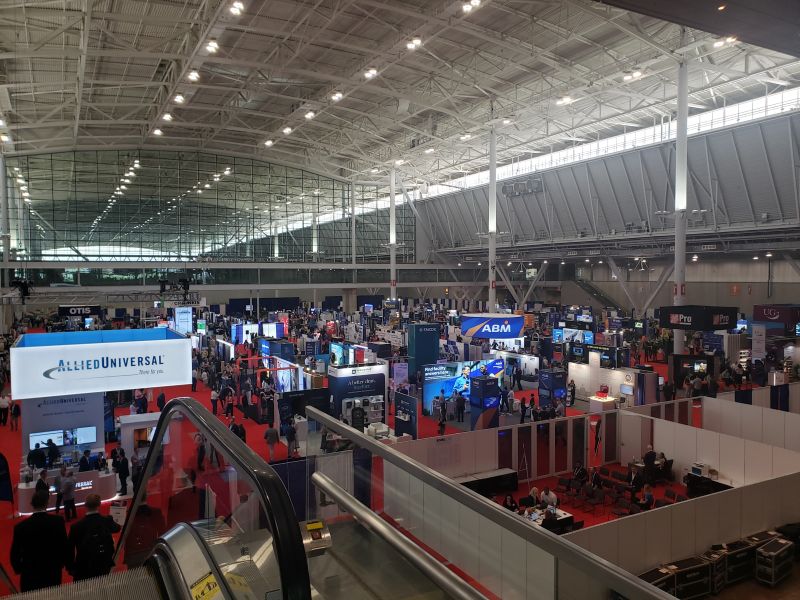Economy Watch: Seattle Tops Nation for STEM Job Opportunities
Markets with good STEM employment opportunities are likely to enjoy strong real estate fundamentals as well, according to a recent WalletHub report on Bureau of Labor Statistics data.
By D.C. Stribling, Contributing Editor
Science, technology, engineering and mathematics (STEM) jobs are the growth category in employment in the current U.S. economy, and the places where they thrive will also likely enjoy strong real estate markets. According to a U.S. Bureau of Labor Statistics analysis, STEM employment grew at more than twice the rate of non-STEM employment between 2009 and 2015, and most types of STEM jobs will expand faster than all occupations until 2024.
Which markets will benefit from this growth? According to a new report by WalletHub, which compares professional STEM opportunities, “STEM-friendliness,” and quality of life, Seattle is the No. 1 U.S. market for STEM job growth out of 100 metro U.S. markets, followed by Boston. Neither of those is much of a surprise, considering their history as tech hubs. Nor is No. 4 Austin.
No. 3 on the WalletHub list, however, is unexpectedly Pittsburgh, which comes in at No. 12 in STEM professional opportunities, No. 11 in STEM-friendliness and No. 9 in quality of life (beating the higher-cost-of-living Seattle and Boston in that category). Rounding out the top 10 are: Minneapolis; Madison, Wis.; Salt Lake City; Springfield, Mass.; Chicago; and Atlanta.
WalletHub evaluated U.S. metros using 17 metrics in the three board categories. Professional opportunity metrics included STEM jobs openings per capita, STEM employment growth and projected demand for STEM jobs until 2020. STEM-friendliness included the number of engineering schools, disparity of woman versus men in STEM occupations, and R&D spending in a market.
Much of the impact of STEM will be through high-quality jobs. Given their growing demand, STEM careers now comprise some of the most lucrative employment, paying higher salaries and boasting far fewer threats of unemployment compared with other types of jobs. STEM workers in 2015 earned an average annual wage of $87,570, nearly double the national average of $45,700 for all non-STEM jobs, according to the most recent figures from the BLS.





